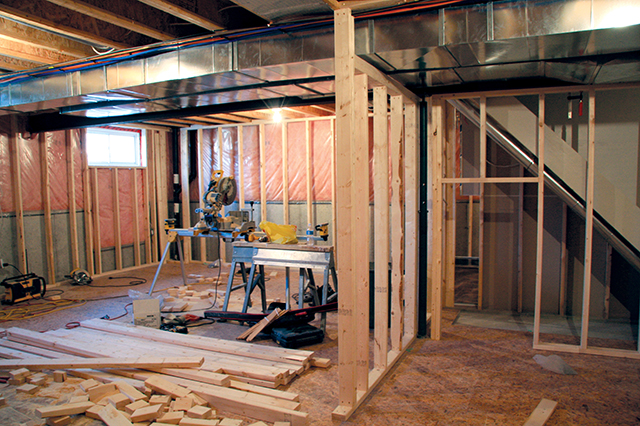I ceased trick-or-treating earlier than most, I think. I was twelve when I last got dressed up and begged candy from door to door.
We didn’t vary our costumes much. My mother made ours, a new one every couple of years. It was invariably a clown costume, actually just a shift made big enough to be thrown over a snowsuit. The last was a mustard yellow, almost brown, very ‘70s. I think there was a hat, too; again, something large enough to slip on over a toque. Our bags were pillowcases, doubled up so we could carry more and not need to head home to unload. I don’t remember anyone carrying prefab Halloween bags, although I think toddlers have carried those little plastic jack-o-lantern pails around since before I was born.
Karen and I shelled out together, usually with the Millers, maybe others from around the block, then with some of her friends later. Karen probably didn’t want to babysit me, and I certainly didn’t want to be, maybe she just wanted to hang out with her friends, but my mother would have had none of that, safety in numbers and all that. So off we went after supper, after gathering together for the hunt. There was much planning, discussions with other troupes of kids on where the best houses to hit were. I recall a house at the top of Hart Street that was always considered a must visit: they always handed out cans of pop, an article we were thrilled to get, considering the novelty of receiving it. It was a silly thing to covet. Too big, way too much weight. What weights a pound at the beginning of the trek will weigh a ton an hour later, especially once handfuls of candy were heaped on top.
I remember some kids carrying UNICEF boxes with them, something I never see now.
My last year, it was wet. Most Halloweens were wet in my memory. There was always snow in the yards, damp dripping banks melting out into ruts in the road, and it was always cold, the threat of the coming winter on the wind. This couldn’t have been the case every year, and it wasn’t, there were warm years too; but when I remember Halloween nights, that’s the way I remember them.
Karen and I went from door to door as quickly as our legs would carry us. The night was not particularly inviting, but greed kept us on, it certainly did me. We’d made a wide circuit, had quite a haul by the time it had grown dark, when I felt and heard the bag begin to give. It was a sickening sound, the sound of impending loss. I could sense candy bars beginning to escape, terrifying my avarice. I hoisted the bag up, inspected it, and found a hole in the bag with a searching finger, through one bag, and then the other in the inner sack too, big enough to risk leaving a trail of candy behind me all the way home if I didn’t do something about it. I hugged the sack to my chest, and gripped the tear and held it tight. I thought about setting the bag down and maybe tying a knot where the hole was, but there was slushy snow in all the yards, the road wet and littered with rivulets and puddles. So, I just clutched the hole, hugged it hard, told my sister what was happening, and scurried home. She didn’t follow. The night was young, after all. It seemed such a long way home, but it wasn’t really, just down Patricia and back up Hart, but with the bag failing, it seemed a marathon. Shin splints plagued me towards the end. The weight seemed unbearable as I rounded the block and half ran to and up my driveway and to the door.
I made it, I might have lost a bar or two along the way, but to stop and try to retrieve them would have risked the rest.
I never went out again. I thought myself too old for it the next year. I was thirteen, after all. Trick-or-treating was for kids. I opted to stay home and shell out, instead. It stung that first time. My sister went out with her friends without me, and I felt a slight pang of jealousy watching her go, but it passed. I never felt the urge to head out again. If I wanted some chocolate, I could just reach into the bowl and have some. And we always had extra. Even at the end of the evening.










